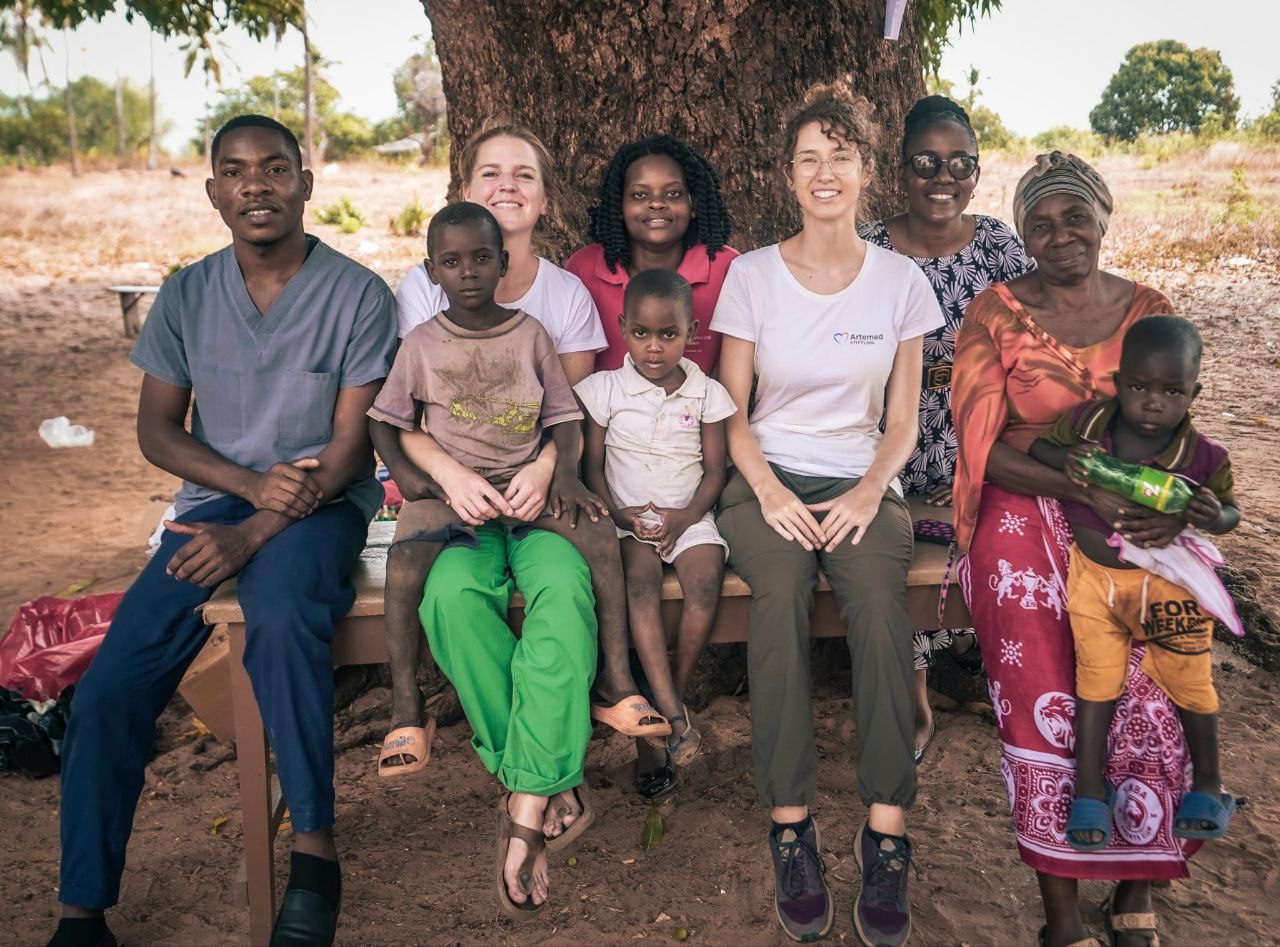Ms. Katharina von Pelden worked as a surgeon for Artemed Stiftung at St. Walburg’s Hospital in autumn 2022.
Her decision to study medicine was already linked to the desire to apply the knowledge she had acquired in humanitarian missions. Her application to the Artemed Clinic in Freiburg was therefore a conscious decision: she already had the goal of working for a project at Artemed Stiftung at the time. After just one year of employment at the hospital, she was already able to realize this goal, but for the doctor this was just the beginning of a longer 'journey'. In the interview, she tells us about her intention and the advantage of being part of the M. A. T. E. team as a young, aspiring doctor:
Artemed Stiftung (AS): Ms. von Pelden, you already had the desire to volunteer your medical knowledge abroad during your studies. Did you think that this wish would come true so quickly, and what concerns did you have?
Ms. von Pelden (VP): When I applied to the Artemed Clinic, I had actually hoped that I would be able to be deployed quickly and relatively easily. Nevertheless, I was naturally a little unsure whether I would be able to help at all with my expertise. In my day-to-day work here, I am still at the beginning of my medical training. As well as working on the ward, I'm primarily responsible for simple operations or assisting with major surgical procedures.
AS: So you were worried that you wouldn't really be able to actively help in the hospital in Tanzania?
VP: Yes, ultimately it was also the case that I couldn't give any great tips in the operating room or offer training for the doctors. The surgeons on site were already more advanced and experienced than me. Nevertheless, I think that my involvement had an impact on another level: for the staff on site, I was a person with whom they could communicate on an equal footing. Compared to medical specialists or senior physicians from Germany, whom the staff from Tanzania naturally encounter differently. I was therefore able to build up a very relaxed relationship here. As a result, I may have noticed one or two things that others might not have noticed.
AS: What were your daily tasks then?
VP: Above all, I helped in the operating theater, was there for the morning rounds and was on hand when a hand was missing somewhere else. As a result, I naturally learned a lot of new things myself and saw things I didn't know yet.
AS: What else are you taking with you from your stay in Germany?
VP: That some things are possible with more calm and improvisation than we know from home. Where there is often a hectic pace here, I have never seen anyone at the hospital in Nyangao walking at a fast pace. A healthy balance between the two extremes would certainly be good. Of course, the 'penility' that we know from German hospitals doesn't play such a big role here. In some cases this may be justifiable, but I think it makes sense to introduce staff to hygiene standards that can be easily integrated into everyday life. Next time, I would like to look at training courses and presentations on hygiene for nursing staff in advance so that I can then train the staff on site.
AS: So you are planning another stay?
VP: Yes, of course, for me it was just the beginning of a long 'journey' in which I want to grow myself and with the team in Tanzania.
AS: Dear Ms. von Pelden, thank you for your time and the great impressions and we very much hope that it will work out for you soon with further assignments.



